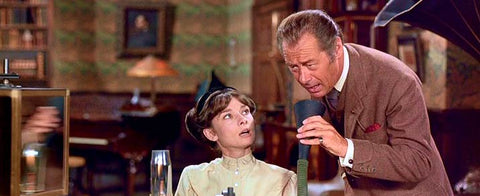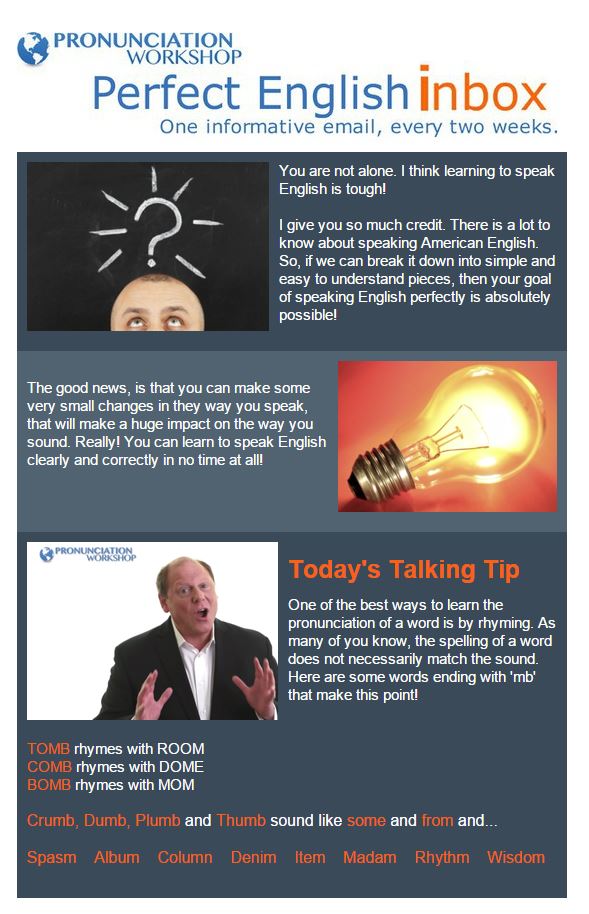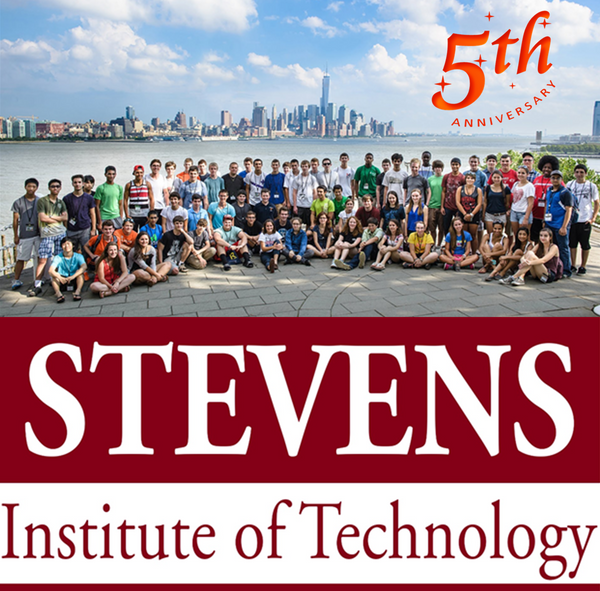Chicago Tribune: Speech pathologist from Highland Park taps global drive to speak perfect English
Speech pathologist from Highland Park taps global drive to speak perfect English
Back in April, Paul was featured by the Chicago Tribune for his work in speech language pathology and his international travel with Pronunciation Workshop.

Here is what Karen Berkowitz of the Tribune had to say:
Gruber's website is replete with testimonials from attorneys, physicians, technology professionals and banking executives in countries like China, Russia, Saudi Arabia, India and the U.S. who've purchased his DVDs or participated in online training or personal coaching sessions over Skype.
"Many multinational companies have decided to make English the global language of their business in order to facilitate communication and enhance performance across geographically and culturally diverse marketplaces," said Nicholas Pearce, clinical assistant professor of management and organization at Northwestern University's Kellogg Graduate School of Management. "Without the ability to communicate, deals don't get done."

Gruber said his success has been more than two decades in the making.
After earning his master's degree in speech pathology, he first put his training to more conventional use working in hospitals and long-term care facilities with patients who'd suffered a stroke or had difficulties swallowing. He later worked with very young children with language delays.
"While I was in school, I overheard that speech pathologists worked with foreigners on reducing their accents," he recalled. "The clients are motivated. You are not dealing with sick people. So it was always in the back of my mind."
Around 1994, he opened an office in Skokie, and began running classified ads with the headline, "Reduce Your Foreign Accent."
"My coworkers and friends all thought I was crazy, that I could never make a real living doing this," Gruber recalled.
He said his first clients were professionals from China, India and Mexico.
"I really didn't know what I was doing, but my goal was to teach them to speak English as if they were born in the United States," he said. "It would increase their confidence so people wouldn't be squinting or straining to understand what they had to say."
He soon began targeting his advertising toward graduate students working toward their MBAs at Kellogg.
Through close listening and analysis, he figured out that oftentimes if he didn't understand a foreign-born speaker, the "R" sound was the culprit, whether the R followed a vowel sound or was part of a consonant blend as found in words like training, instruction or straight.
"I learned that if you can master the Rs and the Ws, then everything else seems to fall into place," he said.
Gruber says that over time, he developed his own method of instruction that wasn't based on phonetics, but made use of his musical training as a pianist.
"You can't think about pronunciation and speak at the same time, because the words come out of your mouth so quickly," he said.
With the rise of the Internet, Gruber saw the potential to reach a worldwide audience. He spent six years creating a series of 16 training videos, each about 20 minutes long.
"I didn't know if anyone was going to buy it," Gruber admitted.
He'd go to the post office each day with a stack of DVDs to be mailed out.
"It was like my co-workers were the people in the post office. They knew me very well," said Gruber, who runs Pronunciation Workshop with his wife Diane. "To be honest, I really thought that about half the people who bought it would ask for their money back. Because how could this training really work?"
In 2014, he stopped selling DVDs, and now offers his pronunciation training series exclusively online. He continues to provide personal coaching.
One of his coaching clients, Benoite Fouillet, said she already feels more confident making presentations in conjunction with her work for Warner Bros. Entertainment France in Paris, where she oversees dubbing of American television shows for a French audience.
"Being understood immediately is a good advantage when you work for a U.S. company and you're not an English-native speaker," Fouillet said in an email. "I did not want my U.S. and British colleagues to have to make efforts when I spoke to them."
Here is a link to the original posting.















